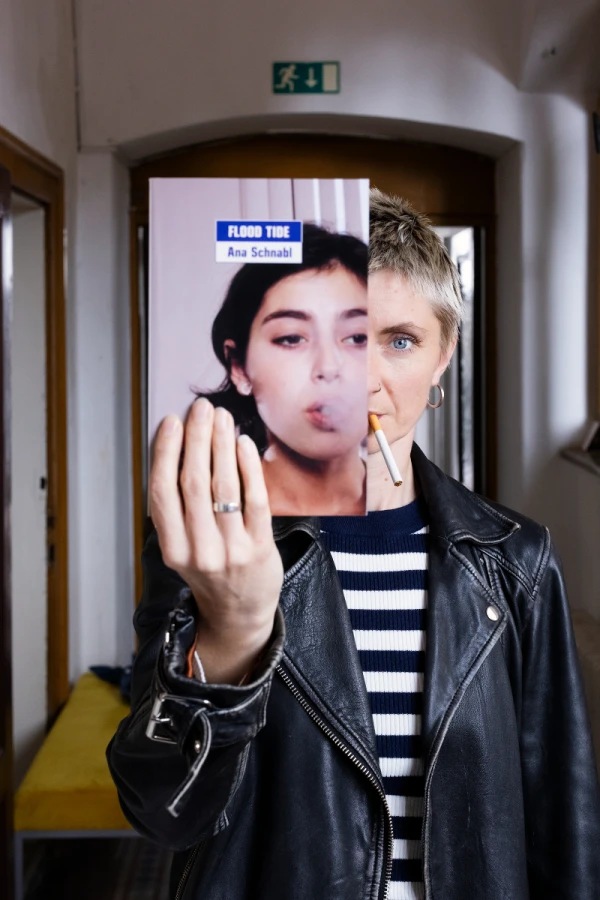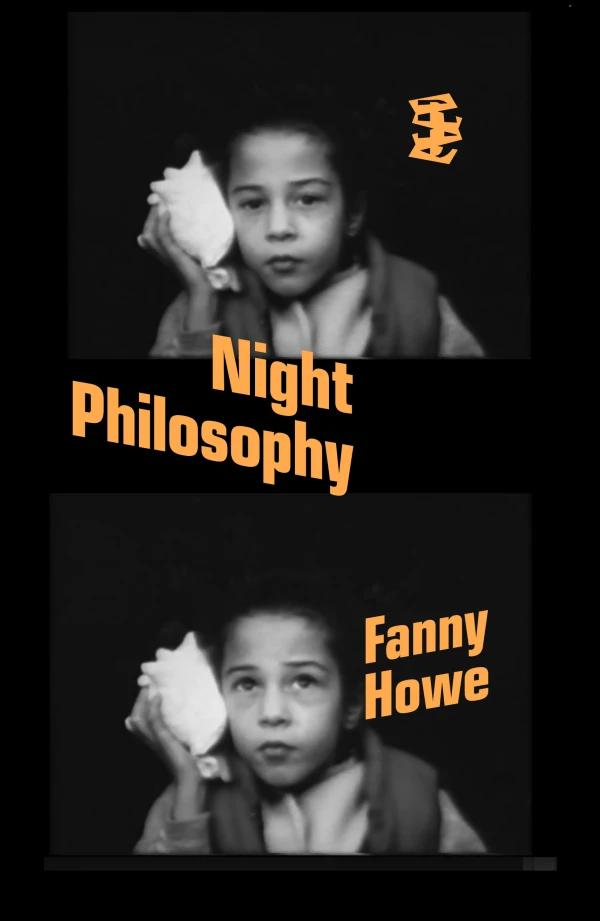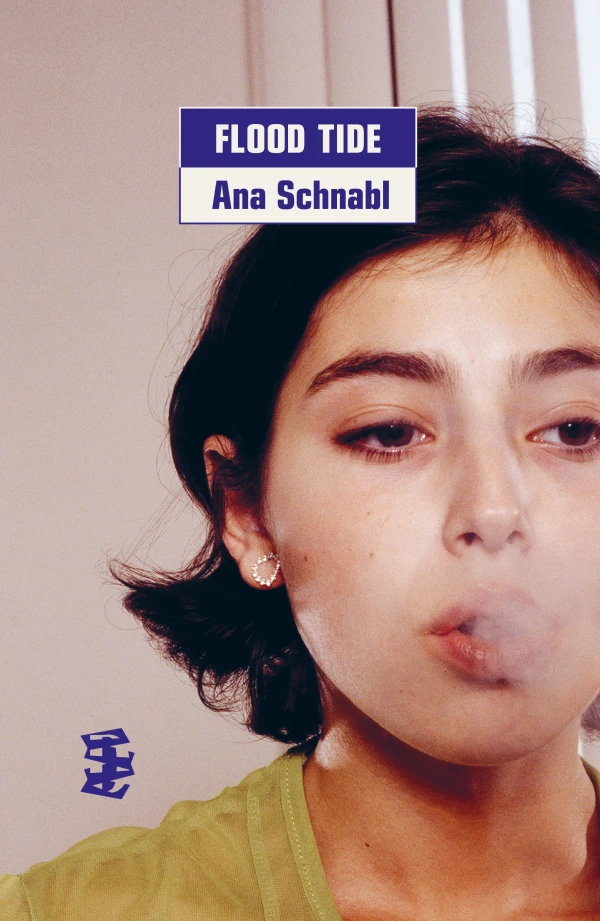Fanny Howe was born on 15 October 1940 in Buffalo, New York. She was professor emerita in literature at the University of California, San Diego, and the author of more than fifty books of poetry and prose. Howe taught literature and writing throughout her life and mentored a generation of American poets, activists and scholars working at the intersection of experimental and metaphysical thinking. She died on 8 July 2025 in Lincoln, Massachusetts.
Night Philosophy
Night Philosophy
Fanny Howe
Night Philosophy is collected around the figure of the child, the figure of the child not just as a little person under the tutelage of adults, but also the submerged one, who knows, who is without power, who doesn’t matter. The book proposes a minor politics that disperses all concentrations of power. Fanny Howe chronicles the weak and persistent, those who never assimilate at the cost of having another group to dominate.
Afterword by Chris Kraus.
- 978-1-9164250-2-6
- 21.6 x 13.9 cm
- 130 pp.
- Paperback
- 28 January 2020
About the author
Endorsements (5)
This book is a prism through which Earth’s ancient songs and tales are distilled; restored to light. It is also a manual for surviving evil. The most important thing for you to understand is that Fanny Howe is a rebel, down to the cellular level. She walks with the prophets and with the unborn. There is no writer like her.
Fanny Howe is simply one of the best and most innovative writers alive.
Night Philosophy is sharp and precise. All the time, like a powerful undercurrent, a voltage charger, or Cordelia speaking, language itself exerts its primacy; it insists on remaining true not just to human hope, human feeling, or the questing spirit, but to some idea of a power beyond ourselves.
History and images of what we do to each other are illuminated, and then made to sing lurid, fluid truth.
Fanny Howe is a hallowed voice of the violent and brutal twentieth century. A sacred idiot, a wise friend who passes a bottle of warmth through the icy night, who fishes for what haunts the depths.
Press (16)
Rights
- Danish (Møllegades)
Upcoming (1)
| 11 December | Brussels | Fanny Howe tribute at Celador |
Flood Tidetrans. Rawley Grau
Flood Tide
Ana Schnabl
trans. Rawley Grau
A dazzling mix of narrative styles (even genres), a linguistic rollercoaster, and a book that demands both close attention and literary sensibility . . . The reader is hooked.
Mysterious, precise and haunting, Flood Tide suggests that every homecoming is a return to a crime scene.
In moderate physical decline, and with an immoderate weed habit, the novelist Dunja Anko returns home to the Adriatic coast to play detective and solve the mystery of her brother’s death. The going is arduous, the people inscrutable; her old friends have had years to forget – or to convince themselves they don’t remember. Dunja must contend with desire and disgust, curiosity and fear, as she begins to doubt her reasons for returning. Elegantly plotted, funny and self-reflexive, Flood Tide is a psychologically deft exploration of the trauma wrought by human limitation and indecision.
- 978-1-7395161-5-4
- 21.6 x 13.9 cm
- 232 pp.
- Paperback
- 27 October 2025
About the author
Ana Schnabl (b. 1985) is a Slovenian writer and editor. She writes for several Slovenian media outlets and is a monthly columnist for the Guardian. Her collection of short stories Razvezani (Beletrina, 2017) met with critical acclaim and won the Best Debut Award at the Slovenian Book Fair, followed by the Edo Budiša Award in Croatia; the collection has been translated into German and Serbian. Three years later Schnabl published her first novel Masterpiece (Mojstrovina, Beletrina, 2020). She toured Europe with the English, German and Serbian translations of the book, which included a residence in the Museumsquartier in Vienna, the Literarisches Colloquium Berlin, and the first European Writer’s Festival in London. The novel was given favourable reviews and mentions in numerous Austrian, German and English media, and was longlisted for the Dublin Literary Award. Her second novel Flood Tide (Plima, Beletrina, 2022) was nominated for the Slovenian Kresnik Award. Her third novel September (Beletrina, 2024) won the Kresnik Award in 2025.

About the translator
Rawley Grau has been translating literary works from Slovenian for over twenty years, including by such first-rate novelists as Dušan Šarotar, Mojca Kumerdej, Sebastijan Pregelj, Gabriela Babnik and Vlado Žabot. Six of his translations have been longlisted for the Dublin Literary Award, while his translations of Šarotar’s Panorama and Billiards at the Hotel Dobray were shortlisted for the Oxford-Weidenfeld Translation Prize. He has also translated poetry by Miljana Cunta, Miklavž Komelj, Janez Ramoveš and Tomaž Šalamun, among others. In 2021, he received the prestigious Lavrin Diploma from the Association of Slovenian Literary Translators. Translations from other languages include A Science Not for the Earth: Selected Poems and Letters by the Russian poet Yevgeny Baratynsky, which received the AATSEEL prize for best scholarly translation, and, co-translated with Christina E. Kramer, The Long Coming of the Fire: Selected Poems by the modernist poet Aco Šopov, which won the 2025 International Dragi Award for best translation from Macedonian. Originally from Baltimore, Maryland, he has lived in Ljubljana since the early 2000s.
Endorsements (7)
If you can imagine a story that’s an unsettling mix of psychological meltdown and detective story, featuring a stoned novelist wracked with back pain, going back to her hometown in Slovenia to masquerade as a Philip Marlowe wannabe to finally find out why her older brother died, and uncovering secrets about her friends and herself she probably would rather not have known, congratulations: you’ve just imagined Ana Schnabl’s brilliant Flood Tide. Readers, come for the moments of revelation, stay for the sight of a writer unravelling her characters until they’re left raw, and you’re left hooked.
Ana Schnabl’s new novel openly defies conventional literary genres: Are we reading a family drama, a troubled homecoming story or a marijuana-infused psychological novel? In a sleepy seaside town in contemporary Slovenia, nothing is what it seems, and no one is what they purport to be … An exciting, brilliantly written book, in which the reader shall not resist stepping into the detective’s shoes.
A singularly haunting and stylistically inventive novel on the primal scenes of family origins and sibling trauma. Revitalising tropes from the detective novel, elegy, and sharp social comedy in present-day coastal Slovenia, it sings and fizzes from the page.
Schnabl’s prose is matter of fact and yet somehow thrilling. She writes with absolute clarity. Stunning.
A fizzing fox in the hen-house of cosy British crime novels. Move over Richard Osman.
A hometown return story with a turn of darkness: surreality both connecting and at once disconnecting the banal with the strangeness of grief.
We enter the story as if eavesdropping on real people – something the heroine herself confirms when she says the tale would not unfold as a psychological, sociological or crime novel, but as life itself.



